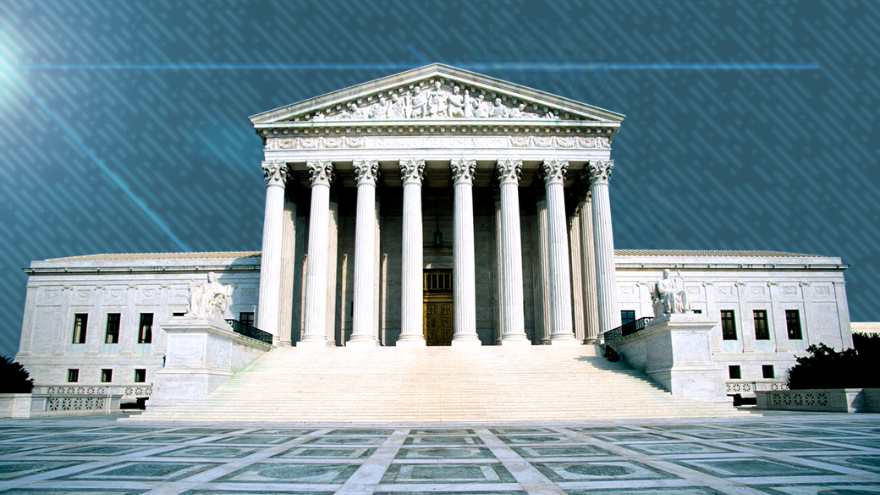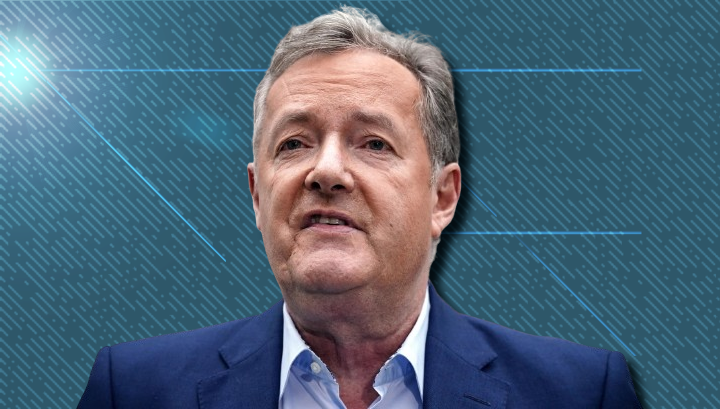The United States Supreme Court declined to hear an appeal from a man who could be held liable for injuries sustained by a police officer at a Black Lives Matter protest he organized.
DeRay Mckesson was sued by a Baton Rouge police officer, identified only as “John Doe,” who was hit by a “rock-like” object during the protest in July 2016. The object was thrown by a third person, knocked the officer’s teeth out and caused a brain injury.
The officer and his legal team argued that Mckesson was aware that the protest “would become violent as other similar riots had become violent.”
"The pattern was set: out-of-state protesters representing BLM fly into a town, gather, block a highway, engage and entice police, loot, damage property, injure bystanders, injure police. By July 9, 2016, when McKesson organized the Baton Rouge protest/riot—he had no reason to expect a different outcome—police will be injured," lawyers for the officer wrote in their brief, per Fox News.
In August of 2019, the Fifth Circuit Court ruled that the case could move forward after the plaintiff had successfully argued the BLM organizer had created unreasonably dangerous conditions that were likely to lead to a confrontation with police.
The American Civil Liberties Union came to Mckesson’s defense and argued that leaving the lower court’s ruling in place would “dismantle civil rights era Supreme Court precedent safeguarding the First Amendment right to protest.”
In a brief filed with the Supreme Court in 2020, the ACLU opposed the idea that the BLM organizer is responsible for the officer’s injuries because he encouraged the protest.
“The Supreme Court has long recognized that peaceful protesters cannot be held liable for the unintended, unlawful actions of others,” said ACLU National Legal Director David Cole in a statement. “If the law had allowed anyone to sue leaders of social justice movements over the violent actions of others, there would have been no Civil Rights Movement. The lower court’s ruling is a threat to the First Amendment rights of millions of Americans.”
The Supreme Court ruled in November of 2020 that the lower federal courts and Louisana’s Supreme Court needed to determine if state law allowed the officer to sue the activist. It did not address the First Amendment claims at that time.
In March of 2022, the Louisiana Supreme Court ruled Mckesson could be sued by the injured officer.
Mckesson and his legal team still believe that the lower courts will rule in the activist’s favor but acknowledge they were disappointed the Supreme Court did not take up their appeal.
"The goal of lawsuits like these is to prevent people from showing up at a protest out of the fear that they might be held responsible if anything happens. But people don’t need to be afraid to show up. The Constitution still protects our right to protest," Mckesson said in a statement, per NBC News.

